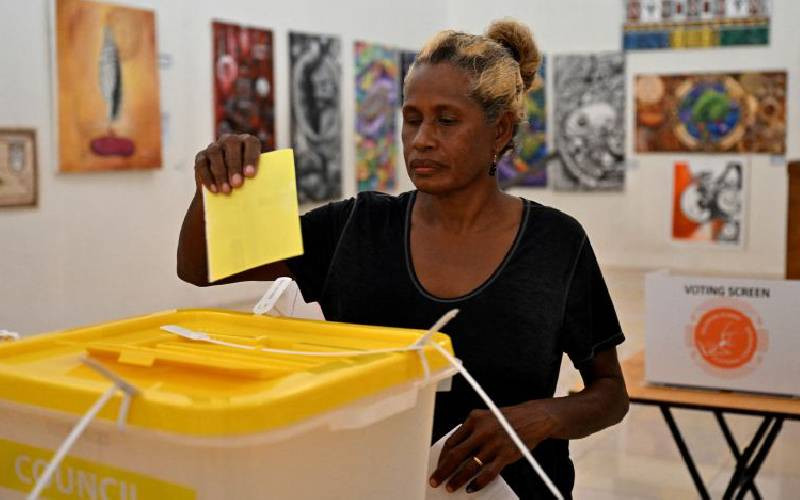In 2012, the Google Zeitgeist Report ranked
abortion as top on the list of the subjects Kenyans search for in the ‘How To’
category. This clearly showed that many young girls and women were looking for
information on how to abort and that abortion is real in Kenya.
According to the ministry of health, about
310,000 abortions occur every year in Kenya. 22,000 women are admitted each
year due to unsafe abortion related complications and 2,600 of these eventually
die. Out of the women admitted, 12% are usually older than 34years, 40% are
between the ages of 25 and 34 years while 16% are adolescents and teenagers.
Even with the new constitution, abortion is still
not permitted in Kenya unless, in the opinion of a trained health professional,
there is a need for emergency treatment, or the life or health of the mother is
in danger, or if permitted by any other written law. No public hospitals in
Kenya offer safe abortion services. As a result, about a fifth of all
pregnancies in the country are terminated through very illegal and risky means.
Women in rural areas are the most affected since
they have less access to safe abortion services as compared to those in the
urban settings hence have been forced to seek the services of quacks and very
risky and dangerous means to terminate unwanted pregnancies.
Behind every abortion there is always an unintended
or unwanted pregnancy. The high rates of abortion in Kenya can be explained by
ignorance or lack of access to contraceptives. According to the National AIDS
Control Council, 85% of teenage girls engaging in sex reported to abandon
condom use with sexual partner of unknown HIV status as their relationship
continued to grow. Moreover, according to the Kenya Demographic Health
Survey 2014, about 40% of married and sexually active unmarried girls and women
have unmet needs for family planning.
By denying women access to safe abortion
services, the Kenyan government is allowing thousands of women in Kenya to
needlessly die or suffer severe complications every year due to unsafe
abortion. These deaths and injuries can be prevented and must be prevented. The
Ministry of Health should take decisive action to protect the health, lives,
families, and future of Kenyan women and girls before more women are needlessly
harmed by unsafe abortion.
Investing more on contraceptives and safer
abortion services is key to ending maternal deaths brought about by unsafe
abortions. As Michael Okun Oliech, a sexual and reproductive health champion
once said, “Denying a woman access to critical health care can lead to
devastating consequences in her life, her family, her community, and society as
a whole.
(This Article was also published on Rural
Reporter by Okun Oliech)
 The Standard Group Plc is a
multi-media organization with investments in media platforms spanning newspaper
print operations, television, radio broadcasting, digital and online services. The
Standard Group is recognized as a leading multi-media house in Kenya with a key
influence in matters of national and international interest.
The Standard Group Plc is a
multi-media organization with investments in media platforms spanning newspaper
print operations, television, radio broadcasting, digital and online services. The
Standard Group is recognized as a leading multi-media house in Kenya with a key
influence in matters of national and international interest.
 The Standard Group Plc is a
multi-media organization with investments in media platforms spanning newspaper
print operations, television, radio broadcasting, digital and online services. The
Standard Group is recognized as a leading multi-media house in Kenya with a key
influence in matters of national and international interest.
The Standard Group Plc is a
multi-media organization with investments in media platforms spanning newspaper
print operations, television, radio broadcasting, digital and online services. The
Standard Group is recognized as a leading multi-media house in Kenya with a key
influence in matters of national and international interest.







